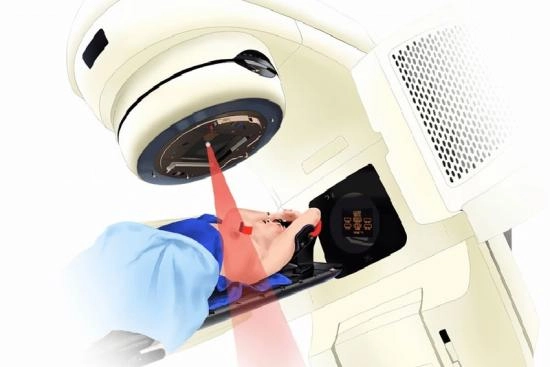Price of a radiotherapy session in Turkey
On average, a session costs between €100 and €300. However, these prices are only estimates. The actual cost of your treatment depends on several factors, including:
- The type of radiotherapy.
- The area of the tumor to be treated.
- The experience of the radiotherapist.
Turquie Santé will help you find the best centers for your treatment. Our partner clinics and hospitals are equipped with the latest technology and offer excellent services and medical care at affordable prices.









